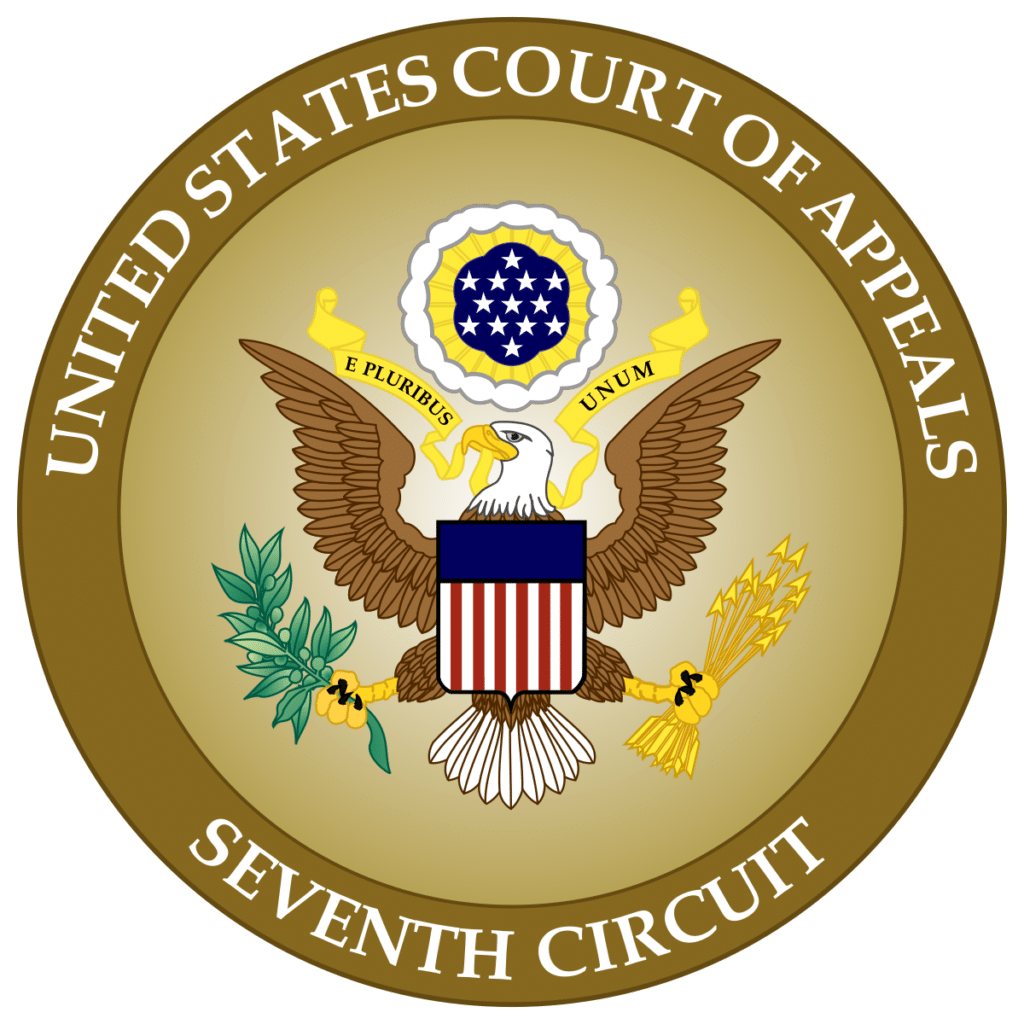Reply Brief
Since the Appellant brought the appeal and carries the burden of proof, the Indiana Rules of Appellate Procedure allow an Appellant to provide the proverbial last word, presupposing the Appellee files an Appellee’s Brief. If an Appellant chooses to file a Reply Brief, he/she/it can only respond to the Appellee’s argument in his/her/its Brief. The caselaw of the Court of Appeals in this area of appellate practice makes clear that questions not raised in the Appellee’s Brief cannot be presented in the Appellant’s Reply.
This should be logical. The biggest reason the Appellant’s Reply Brief is limited solely to replying to the Appellee’s Brief is because the Appellee has no opportunity to answer an Appellant’s Reply Brief under the Indiana Rules of Procedure. In cases where an Appellant goes beyond the scope and make additional argument, this would allow the Appellee to file a Motion to Strike which, if granted because the Appellant did so, would undermine the credibility and merits of the Appellant’s entire appeal.
A Motion to Strike, if granted, allows the Court of Appeals to strike from any document any redundant material, immaterial, impertinent, scandalous or inappropriate matter. Clearly, raising new arguments in an Appellant’s Reply Brief would be “inappropriate matter”, all likely drawing a valid Motion to Strike.
In addition, an Appellant’s Reply Brief does not contain all of the same sections as an Appellant’s Brief or Appellee’s Brief. It is made to be very narrow and only used to Reply to existing arguments in the Appellee’s Brief, noting more or less. The Appellee’s Reply Brief contains a table of contents, table of authorities, summary of the argument, argument, conclusions, word count certificate, if needed, and a certificate of service.
In most cases, an Appellant will want to file a Reply Brief for a myriad of reasons. Any reason is sufficient so long as it is responsive to arguments made in the Appellee’s Brief. Dixon & Moseley, P.C. advocates carefully evaluate every Appellee’s Brief to determine what to reply to and do not take this right lightly. Very often the parties are arguing the same cases or statutes; and an Appellant’s Reply Brief allows counsel to point out flaws in the Appellee’s reasoning in these cases and statutes, if that is the case.
Sample of Appellant’s Reply Brief.
Ultimately, this is the comprehensive approach taken by the firm. If we are your counsel as an Appellant or Appellee, we carefully analyze every step of the appellate process to ensure your case is presented to the Court of Appeals as well as it can be. Is this approach right for you?



[wpbr_collection id=”154″]
Please fill out the form below and we will be in touch with you shortly.

Call Now



Copyright © 2025 Dixon & Moseley, P.C., Attorneys at Law. All rights reserved. This Site does not provide legal advice; please review the disclaimer for other limitations. Privacy Policy
Based in Indianapolis and founded in 1995, Dixon & Moseley, P.C. is a niche law firm focused on successfully dealing with the complexities of divorce, high-conflict child custody and family law. Known for their ability to solve extremely complex situations with high quality work and responsiveness, Dixon & Moseley, P.C. will guide you every step of the way. The family law attorneys at Dixon & Moseley, P.C. will help you precisely identify your objectives and the means to reach your desired result. Life is uncertain. Be certain of your counsel. Indianapolis Divorce Attorneys, Dixon & Moseley, P.C.
Indianapolis Divorce Attorneys, Dixon & Moseley, P.C. of Indianapolis, Indiana, offers legal services for Indianapolis, Zionsville, Noblesville, Carmel, Avon, Anderson, Danville, Greenwood, Brownsburg, Geist, Fortville, McCordsville, Muncie, Greenfield, Westfield, Fort Wayne, Fishers, Bloomington, Lafayette, Marion County, Hamilton County, Hendricks County, Allen County, Delaware County, Morgan County, Hendricks County, Boone County, Vigo County, Johnson County, Hancock County, and Tippecanoe County, Indiana.